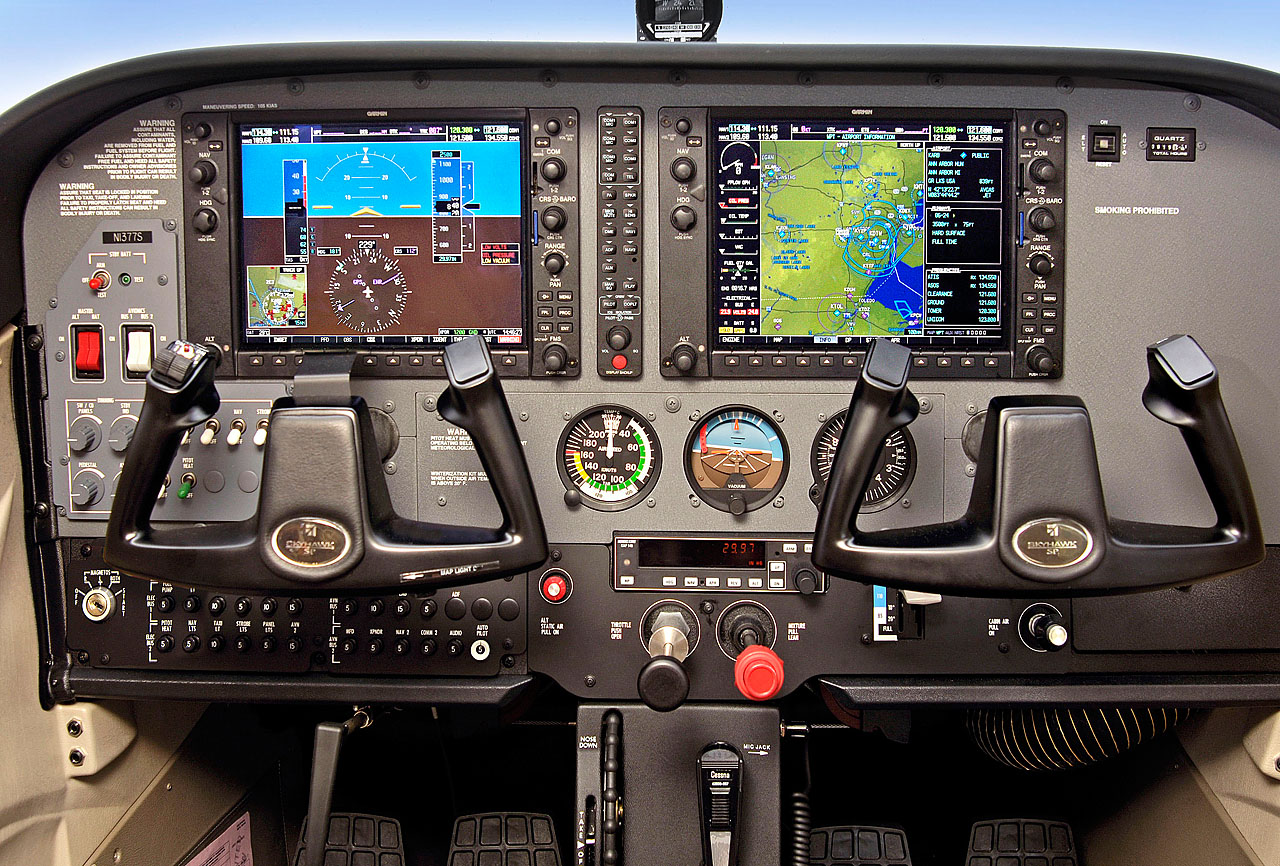Recently, it has become standard practice for employers to check their applicants online social media pages. This practice can undermine the Equal Employment Opportunity Act of 1972 as it provides employers with insight into the applicant's age, race, gender, sexual orientation, religion, ect... Recently, however, many employers' practices include asking for not only an applicant's Facebook information, but their password as well. With this information, an employer can see private photos, updates, and even intimate conversations one might have with people close to them.
An article about these new employment practices can be found here:
http://www.nydailynews.com/news/national/job-applicants-asked-turn-facebook-passwords-article-1.1047427
Personally, I have worked in the same job for the past three years, so my knowledge of modern hiring practices is limited; however, my companies policy is simple. We are asked to sign a nondisclosure agreement, take a drug test, and submit to a background check. I work at a Fixed Based Operation at a local airport.
The nondisclosure agreement is to protect our customers' identities, as we deal with many private jets and many people who wish to remain anonymous, the drug test is required for obvious reasons, and the background check is required for national security purposes. My employers do not feel the need to check an applicant's Facebook because we do not believe it to be important as well as an invasion of privacy.
As I am a pretty private person, I have toyed with the idea of just deleting my Facebook account. Unfortunately when it is "deleted," it will still be out there... there is always a way of getting a hold of old internet content.
Here is an interesting article about why having a Facebook account is a bad idea.
http://www.entrepreneur.com/article/234598
Feel free to comment about your opinions!
Saturday, June 6, 2015
Saturday, May 23, 2015
Digital Natives and Immigrants in Flight Traning
Many people who are not involved in the aviation industry may not understand the difference between an analog cockpit and a digital (or glass) cockpit, but many understand that the major difference between older generations and younger generations is the integration of technology into our society. As Prensky points out in his article Digital Natives, Digital Immigrants It is difficult for people to transition into something that seems completely foreign to them. This concept is seen in aviation in a few different ways. Older pilots have trouble understanding and utilizing the systems in digital cockpits, and new pilots who learned in a digital cockpit have trouble flying and navigating on analog flight instruments.
Analog cockpit
Digital cockpit
Prensky’s article is mostly about teaching; however, flight training doesn’t seem affected by this generation gap, because the older generation isn’t teaching new flight students. Most jobs where a pilot can fly a jet or fly enough hours per month to make a decent living for him or herself require the pilot to have way more hours than what students have upon completing a commercial certification. The federal government just raised the airline transport pilot (ATP) certification time minimum to 1500 hours while most pilots complete commercial training with around 300. So in order to get that extra 1200 hours, most pilots will complete a certified flight instructor (CFI) certificate and teach until they have the required hours.
More information about flight training can be found here
What most flight schools see is a steady throughput of students and teachers. Students enroll, learn from their instructors, become instructors themselves, and watch as their students instruct after they move on. From Prensky’s perspective, we have digital natives teaching other digital natives. Many people criticize the way flight training is conducted now, but maybe this method of students teaching students isn’t as bad as it sounds. Many flight schools utilize digital cockpits, I learned how to fly on a G1000 equipped Cessna 172. My flight instructor was only one year older than me, so both of us grew up with computers. I remember learning the G1000 system was fairly simple, but people have told me that they have had trouble with it.
Feel free to leave a comment about your opinions or experiences.
Subscribe to:
Comments (Atom)

